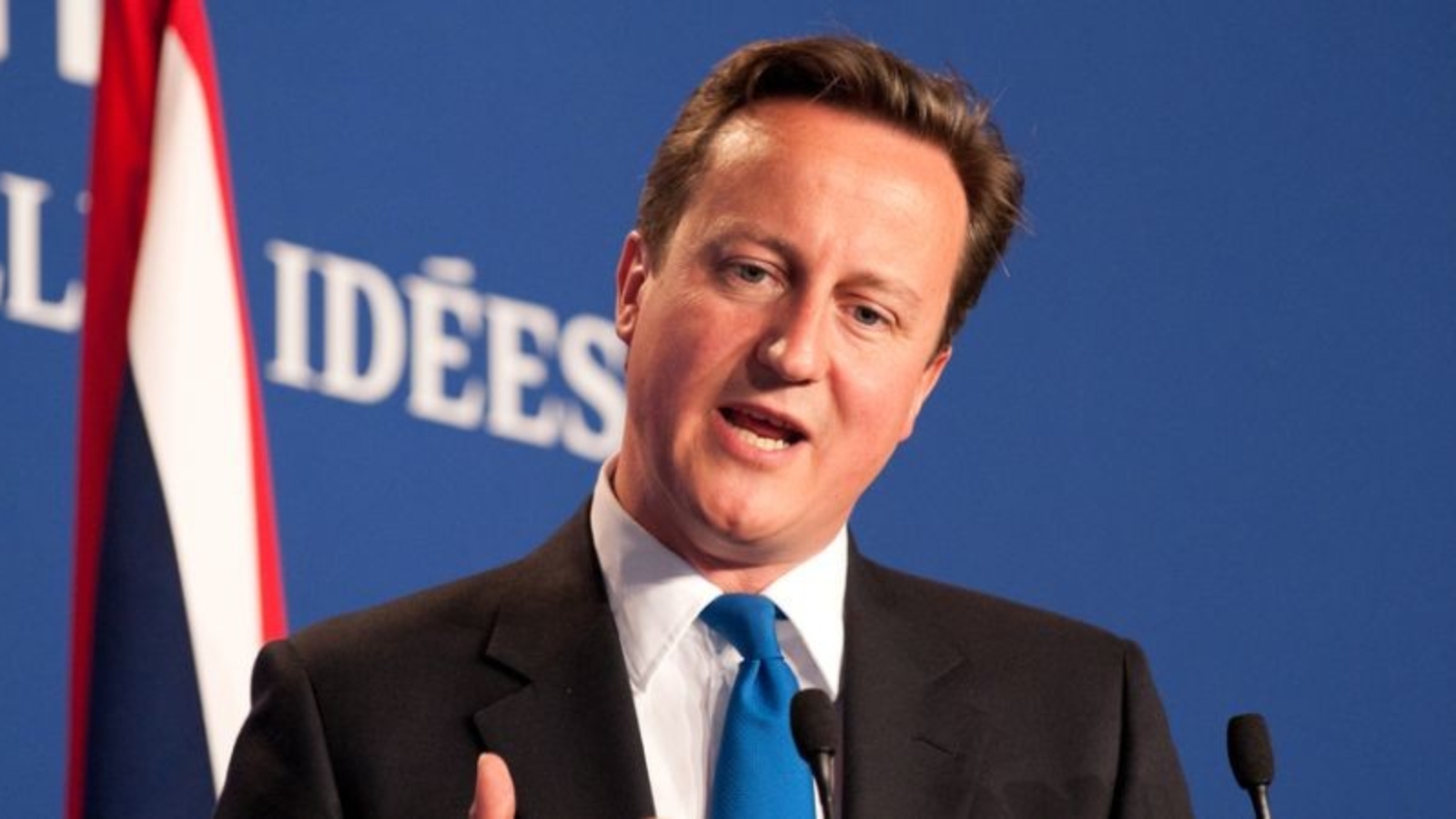This article was originally published on Fair Observer.
By Atul Singh
British Prime Minister David Cameron has led the Conservatives to an emphatic victory. He ran a lackluster campaign and made a few gaffes, but his opponents were too dull and boring to win. Only Nicola Sturgeon of the Scottish National Party (SNP) caught the imagination of the people, and her party has decimated Labour in Scotland.
In previous elections, Labour had relied on its Scottish fiefdom to propel it to power. Now, it faces prospects of languishing in opposition much like the Conservatives during the heyday of Tony Blair. At least, Labour can take solace from the fate of the perennial bridesmaid of British politics. In the words of Nick Clegg, the former leader of the Liberal Democrats, his party suffered “a cruel and punishing” night and might be on the verge of extinction.
The Economist, once the trumpeter of the British Empire, claims that “British elections matter beyond Britain’s shores.” The truth is that the sun has set on that era. The elections are significant for Britain because a new era of fragmentation has dawned in the island’s politics. The Conservatives have emerged stronger after the election.
The weakening of Labour and the decimation of the Liberal Democrats is jolly good news for the likes of Old Etonians such as Cameron, George Osborne, and Boris Johnson. The rise of the SNP signals that the marriage between Scotland and England is on the rocks. Both countries have different political and economic ideologies. With the SNP sweeping Scotland, it is a question of time before the flags for independence are unfurled again.
The real significance of the Conservative victory is twofold. First, a country with a current-account deficit of 5.5% and a budget deficit of 5% has voted for frugality. The Tories are trusted to be “conservative” with people’s money. Second, prosperous voters in Britain, who tend to be older, are more organized, disciplined and united. The pain of British austerity has fallen disproportionately on the poor and the young.
Yet the Conservatives have been able to sell what The Economist calls “a jobs-rich, squeezed-wage recovery” as a preferable alternative to the southern European malaise of mass unemployment. This is clever marketing, and one has to bear in mind that this class-divided country’s pragmatic elite has consistently reinvented itself. The onset of democracy was supposed to decimate the Conservatives, but they dominated the 20th century. They might well continue that domination in the 21st century.
Fundamentally, Britain is an island where London dominates the country. Canary Wharf and the City of London, that square mile of resplendent stone architecture, make London the throbbing heart of international finance. Yet Britain has few world beating companies. It is not home to a Google or a Toyota. Expensive private schools, incongruously called public schools, are the only ticket to advancement in British society whether it is law, media or politics. The state school system is broken and parents with means send their children to schools like Eton, Westminster or Winchester.
This means that Britain’s incestuous elite has little in common with the hoi polloi. In more ways than one, Britain is a pre-modern society where a smug group of insiders rule the roost in a manner reminiscent of the 19th century. It is no coincidence that both Conservatives and Labour leaders studied Philosophy, Politics, and Economics (PPE) at Oxford. Alumni from Oxford and Cambridge, collectively known as Oxbridge, run the show in Britain. Those who fail to get into these spectacularly beautiful places find it hard to break through the thick glass ceilings of British society.
Yet Britain’s incestuous elite is smart enough to maintain rule of law and attract billionaires to live in London. The United Kingdom can afford to run a current account deficit because capital continues to flow into the country. Rich Russians continue to buy mansions in London. So do Indians and others. Before the financial crisis, numerous foreign companies listed on the Alternative Investment Market (AIM), many of them from countries like Russia, Poland, and China.
The frenzy at AIM caused a well-known partner at a leading law firm to comment that the legitimization of ill-gotten gains of criminal syndicates across the world was bringing much wealth to his green and blessed isle. Britain may manufacture little these days, but it is a safe destination for wealth, regardless of how foreigners garner their riches. The British creed is simple: You can rob any part of the world and bring your money with you, but behave when you get here. The Conservatives understand this and it seems so do the voters. In the modern service economy of Britain, most seem happy to serve the likes of Roman Abramovich and Rupert Murdoch for some bread and a bit of butter.
For more on world events through last week, check out Atul Singh's original article on Fair Observer.
*****
*****
Atul Singh is the Founder, CEO, and Editor-in-Chief of Fair Observer. He teaches Political Economy at the University of California, Berkeley.
[Photo courtesy of Fair Observer]